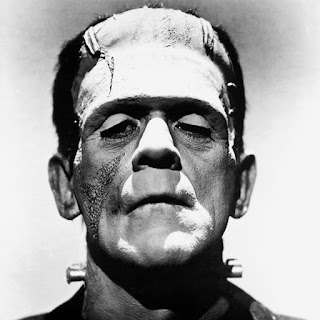The Gothic Genre and Frankenstein

It’s easy to see how Mary Shelley’s Frankenstein is always referenced when discussing gothic literature. Cited as the beginnings of the science-fiction genre, it carries elements of the Gothic and Romantic movements of the era. For example, one of the novels most prominent themes is secrets, which is at the heart of any gothic story. The protagonist, scientist Victor Frankenstein, discovers the secret of bringing inanimate objects to life. He performs his research in the dead of night away from everyone, due to its dubiously ethical nature and ideological conflict with his peers. The procedure is finally performed in the dead of night after Victor has locked himself away from weeks on end. When he deems the creature he brought to life and abomination, this secret eats away at his mind. The guilt for what he is done and the monster’s actions drive him further into isolation, which is also a popular trope in the genre. To add, Victor never reveals to the reader what the secret t
